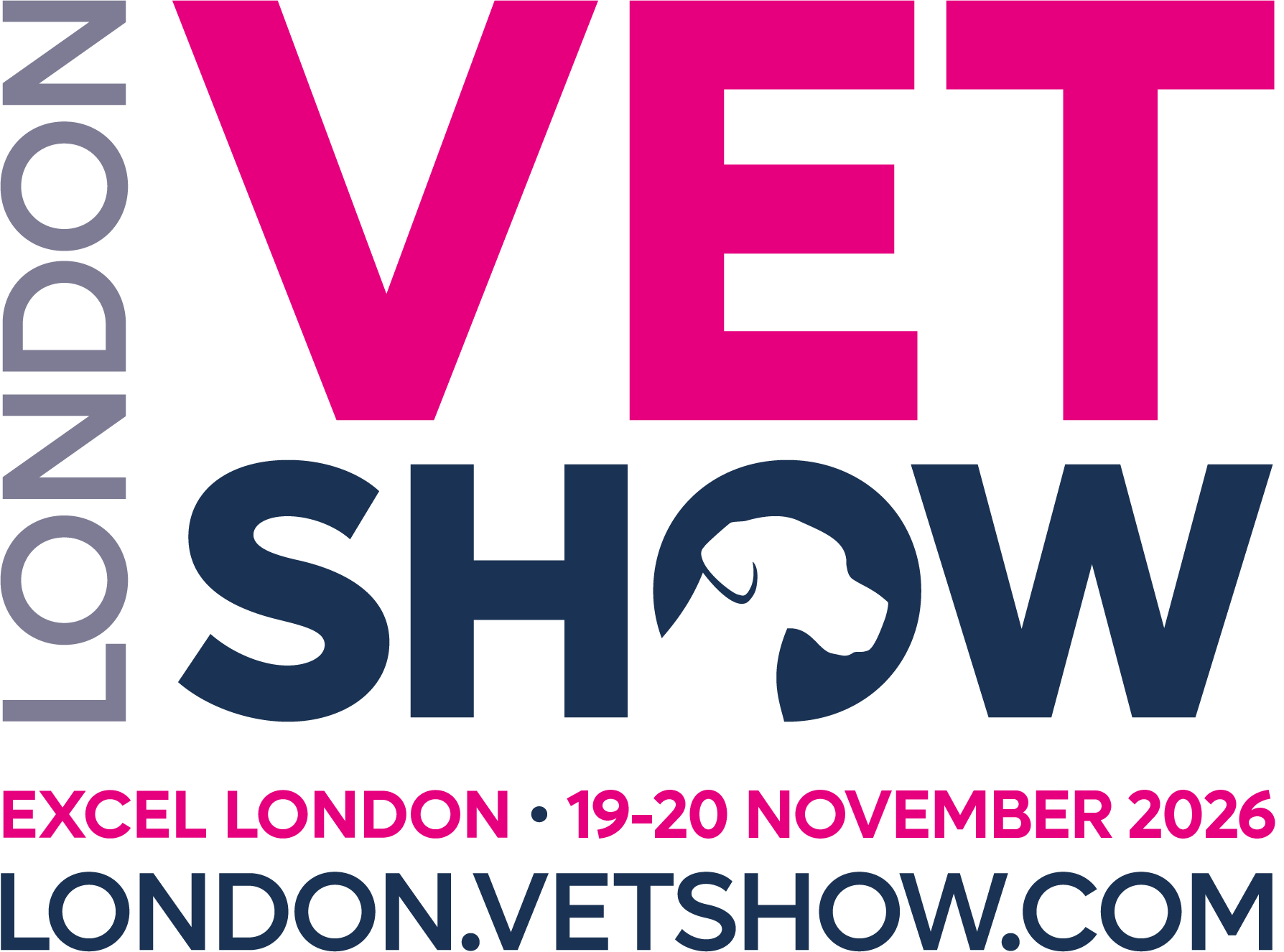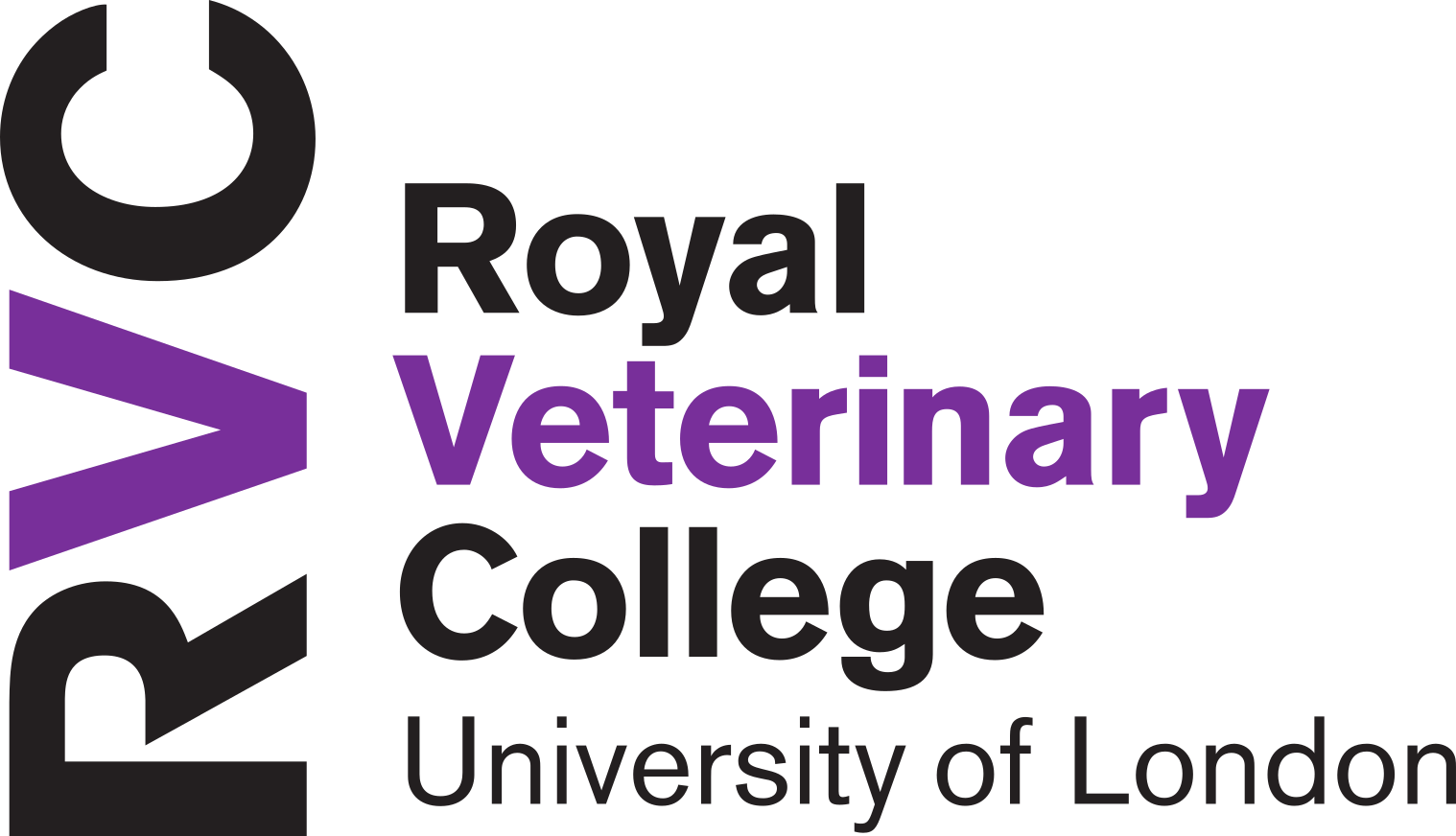Interview with Vet Vogi Founder Chloe Hannigan
)
This Mental Health Awareness Week takes on the theme, “Movement: Moving more for our mental health.”
Recognizing the crucial link between physical activity and mental well-being, the London Vet Show sought out none other than VetYogi founder and veterinarian, Chloe Hannigan, for her expertise and guidance on integrating movement practices into the veterinary community to enhance and uphold mental health.
While this year's theme focuses on movement, the veterinary profession already entails physically demanding tasks, with some roles requiring professionals to be on their feet all day or constantly on the move between clients. What's one simple adjustment a veterinary professional could integrate into their daily?
Try and move in a slightly different way each day, move a different part of your body try or something that you is going to put your body in different positions that you're not used to being in. Whilst it's true that we are active as vets and nurses, we're doing lots of repetitive movements, and so whilst we may have the we may have the resilience and the stamina to stand on our feet for a 10 hour shift, our flexibility type typically isn't great and you know, we're not necessarily doing stuff that's really shooting our heart rate up, (or even necessarily not in a good way, as it might be up from stress!)
So even if it’s just a five-minute forward fold, or if you are tight in your lower back, taking a moment to come down into a Sphinx Pose, just putting a couple of like movements in your day that's going to move your body in a way that is different from what you're doing for the majority of it.
Or even if you're really stuck for time, it could be as simple as like sticking some music on in your kitchen while you're cooking dinner and energetic trying to be trying to de structure what movement should be and embracing. It could be for you in a joyful way.
Mental health is completely different for each of us. Drawing from your background as both a veterinarian and an advocate for mental and physical health, what specific movement or activity would you recommend for those moments when we're not feeling our best? Is there a particular exercise or practice that you find beneficial for boosting mood and resilience during tough times?
I mean, obviously, I'm hugely biased towards yoga, but to even begin, we need to take into account that a bad day will feel different for everybody, and it's also okay, if your bad days feel different for yourself too.
You may have some days where you feel like you can go for a 20-minute run, and then you may have bad days where you feel like the most amount of movement you can do is go from the fridge to the sofa. It’s important to kind to yourself. I think one thing I try to remember when I'm feeling like particularly low on energy or time is that for movement to count, it doesn't always have to be big. Something that I teach a lot in in yoga is micro movements. For example, take breath work, those micro movements of the muscles, the fascia, the soft tissue organ systems, we're still matching our movement to our breath and bringing our awareness to those micro flows of movement which can be just as beneficial as big explosive movements.
Bringing your awareness to your breath, following the micro movements that are happening in your body is still going to have some benefits and can be really soothing for your nervous system.
As a professional veterinarian and the founder of VetYogi, your dedication to both human and animal health is evident. With such a multifaceted background, we're curious: which came first in your journey, your passion for veterinary medicine or your love for yoga?
100% Veterinary. That part definitley came first. It was actually a conscious decision when I named the company, that it was Vet Yogi and not YogiVet, because I am a Vet first and foremost, I'd already been a Vet for several years by the time I qualified for a year as a yoga meditation teacher. What really pushed me to find the business was the realization that yoga, despite initially started off as a hobby, the practices of yoga and meditation, were helping me with my resilience, flexibility and with previous injuries that I've sustained working in veterinary practice. I then had a brain wave if I could somehow deliver these ancient practices but make them fit to like a modern veterinary world so I could hopefully help my colleagues in the way that my practice had helped me both personally and professionally.
I passionately believe that my yoga meditation practice makes me a better vet. The benefits that it gives to me in terms of calming my nervous system, helping with my sleep, helping with my motivation, helping me to process some of the sadder things that we see in clinic. All of these gifts that I get from stepping on my mat or from sitting down to meditate, come back to allow me to continue to be a vet in a way that I want to be for my patients and for my clients.
What are three aspects of yoga that you believe resonate with veterinary practice? Specifically, which elements of yoga do you find particularly effective in providing mental support?
The first thing that I think is similar about veterinary practice, and yoga practice is that it's a lifelong learning journey. You never know everything there is about being a vet, you're never going to know everything about yoga. Continuing to discover something new, I think for a scientific mind is really engaging and can keep it fresh.
And then that also leads into the fact that there's a huge scientific backing behind yoga and meditation, like the evidence base is there. So, for those who do like to have proof or do like to know why they're doing certain things, one of our goals at VetYogi is to actually deliver our content in evidence based ways so that we have the scientific backing for the spiritual side of yoga. And lastly the flexibility. Which I think resonates a lot of us in the profession, you know, we like variety, we like being challenged, we like each day looking a little bit different. And you know, lots, yes, lots of sports can give you that in a way but I struggled to find one that has as much range as yoga because there's so many different styles to fit your needs. One day you could do a five minute practice the next day, you could do a 90 minute practice, like it fits in around your time.
If someone feels unsure about starting yoga due to concerns about flexibility or not meeting certain physical expectations often portrayed in peoples perception of yoga, where would you suggest they begin?
You know, one of the quotes I use all the time is “saying you're too inflexible for yoga is like saying you're too dirty to take a shower” – when you feel the most inflexible, that is often when you most need it! However to bring it back to veterinary I would specifically say that, you know, it's okay to feel a little bit intimidated or overwhelmed when you're trying something new, in the same way that as a day one new grad, you wouldn't expect yourself to jump in there with a complex orthopaedic procedure. Apply that same level of kindness to yoga practice, you know, on day one, don't expect yourself to be hands doing a handstand, start small and build solid foundation just as we do with our clinical skills and, work your way up as your confidence grows.
There are also resources out there for beginners, we teach a lot of beginners on our platform of VetYogi Collective, many classes that are beginner friendly. There are so many short classes that people can fit in in their day. Obviously, what we're trying to achieve together in collaboration for BVA live and for London Vet Show is give people a chance to come and experience things for the first time in safe space.
Imagine a scenario where someone is working in a veterinary practice or out in the field, and they need a quick and simple way to support their mental health. What could they do in just a couple of minutes, regardless of their location?
If they're feeling anxious or overwhelmed or great thing to do is a deep standing forward fold, literally just fall folding forward, generous bend in the knees. Anytime that you're getting your head down below your heart, you're going to feel stress relieving benefits, lowering our heart rate lowering our blood pressure, and it's also a really nice stretch for the back body, the back of the legs.
Or if they have access to a device, obviously, they can log into our platform, and we have classes that sometimes it's like two minutes long, we have a whole heap of yoga moment videos that are five minutes or less.
Mental health is undeniably personal and varies greatly from person to person. With your expertise spanning mental and physical health realms, as well as your background in veterinary care, what message or advice would you offer not only for Mental Health Awareness Week but for year-round support? Whether someone is currently struggling with their mental health or simply seeking self-improvement, what guidance would you provide for their journey toward better mental well-being?
I know it sound so cliché but breathe. Take a moment to breathe. Look at it in its simplest terms, if you're not breathing, you can't move. If you're not breathing, you can't work. If you're not breathing, you can't function. It all comes back to the breath, it is our essential life source and to touch on what I said earlier, doing these nice deep, calming breaths are also building in these micro movements for your body. And I've yet to encounter someone who takes a deep breath and then says “Oh, I feel worse”, so take a deep breath and be kind to you.
“To find out more or contact VetYogi email chloe@vetyogi.com, or to try any of the sessions mentioned above including two complimentary 5 minute sessions head to the VetYogi Collective platform: https://collective.vetyogi.com
VetYogi will running complimentary drop-in sessions at BVA Live on 6-7 June.”





